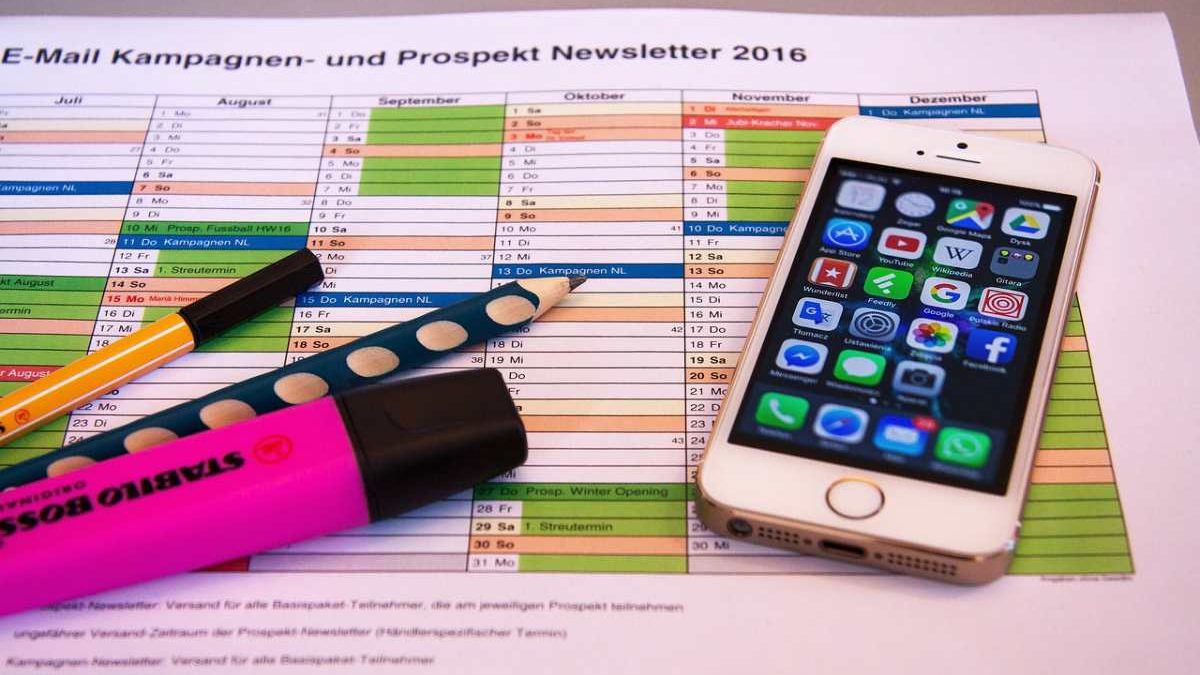There are an almost infinite number of choices for cellular service plans. When choosing a mobile phone plan, there are a number of things to keep in mind. When we overuse our monthly data allowance or make a 10-minute phone call overseas we can end up spending more than we bargained for. Making a decision on a mobile phone plan doesn’t have to be difficult at all. You need to take into account a wide range of considerations while deciding which choice is ideal for your situation.
There are very many considerations to make when getting a mobile phone plan, and every person has their own factors that they consider to be good in a mobile phone plan. Whereas others may prefer data based mobile phone plans, others would rather a minutes based plan that allows them more calls at the expense of other services. However a good plan must have a balance between data and minutes based on an individual’s needs.
Trying to come up with a good balance requires a good knowledge of mobile tariffs which charge you data or minutes. Texts are also important but in most cases they rarely factor as much because carrier companies have prioritized data and minutes as their key areas of focus.
Table of Contents
It Starts with Your Mobile Phone Choice
Mobile phone plans offer mobile phones as part of their packages. Normally the phones are high end models that are new to the market and attract a premium price, and sometimes these can blind a new mobile plan user. The key is to first understand your exact budget with the mobile phone of your choice in mind. Then you factor in your normal monthly spend on data, texts and minutes, and finally averaging the total to see how much you’ll likely spend per month.
This process is the most important when planning to get a cheap mobile plan since it allows you to get an plan that won’t be too difficult to handle. If you are already in a plan and intend on getting on a new one, this step is also important even as you compare with your current plan to see just how much savings you can make with a transition.
The Best Balance for Travelers
Travelers have different considerations from other mobile plan clients. They need less to no roaming charges and need to use their phones without having to buy a new phone for every country they go. If you are travelling, make sure your phone is not locked to one location and can be used universally.
You may use your phone while on vacation, but there are certain limits. As a traveler, you need to make sure that both your phone and your service provider’s roaming agreements meet the requirements of the country in which you’re now traveling. If they do, then you’ll have a smooth ride since you won’t need to get a new Sim card to cater to your communication needs.
How do I get a mobile data plan?

Getting a mobile data plan depends on your location and the mobile service providers available in your area. However, here are some general steps that may help you:
Choose a mobile service provider: Research the mobile service providers available in your area and choose the one that offers the best data plan for your needs.
Check the available data plans: Visit the website of the mobile service provider you have chosen or visit their office to inquire about the available data plans. Most providers offer a range of data plans with different data caps and prices.
Choose a data plan: Choose a data plan that suits your needs based on the amount of data you expect to use, the price, and other factors like contract terms.
Sign up for the data plan: Once you have selected a data plan, you must provide your details, including your name, address, and payment information, to sign up for the procedure.
Activate the plan: After signing up, you may need to activate the program by following the instructions provided by the mobile service provider.
Monitor your data usage: Once you have activated the plan, monitor your use regularly to avoid exceeding your data cap and incurring additional charges.
Remember to read the terms and conditions of the data plan carefully to understand any restrictions or limitations, such as data throttling that may affect your usage.

